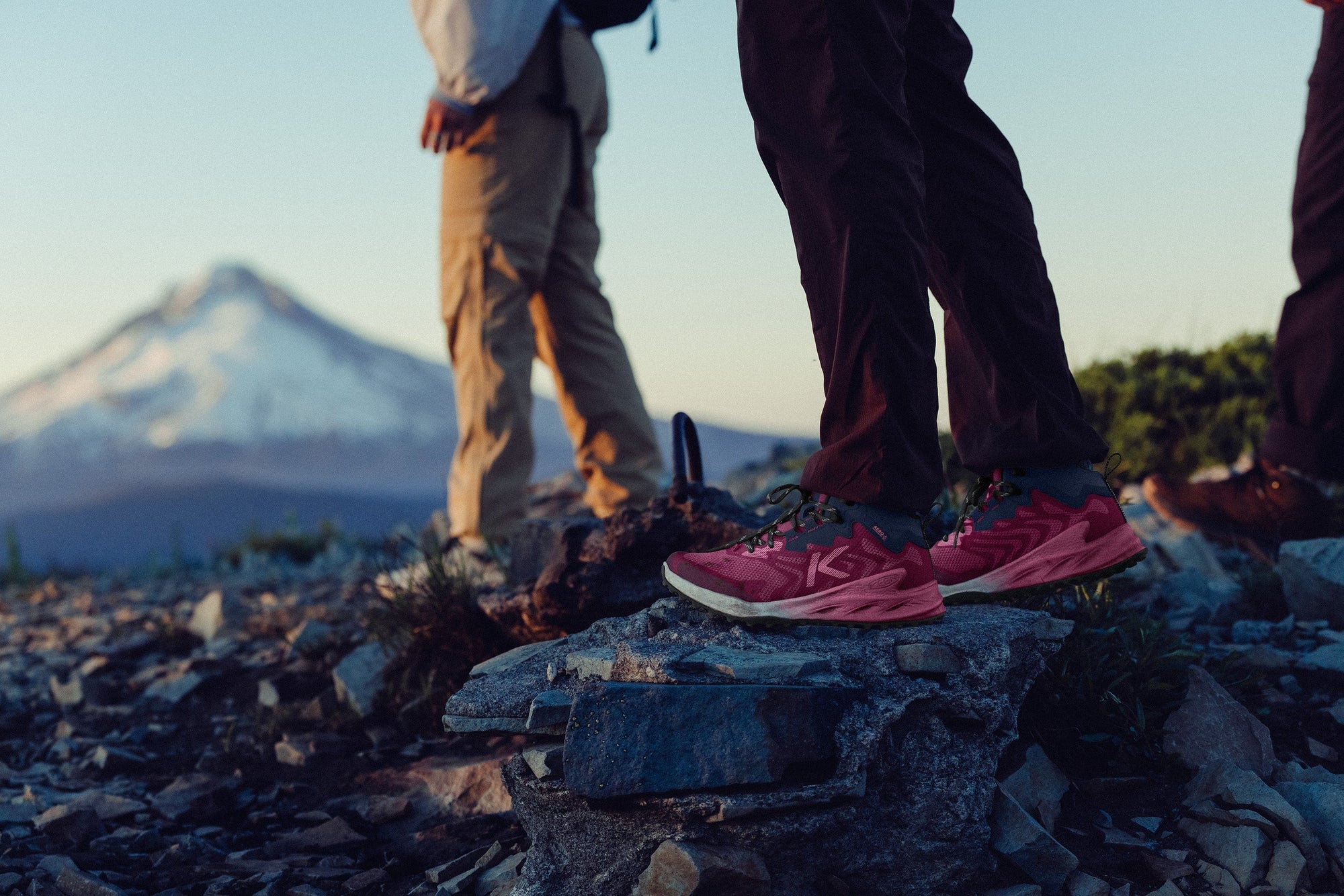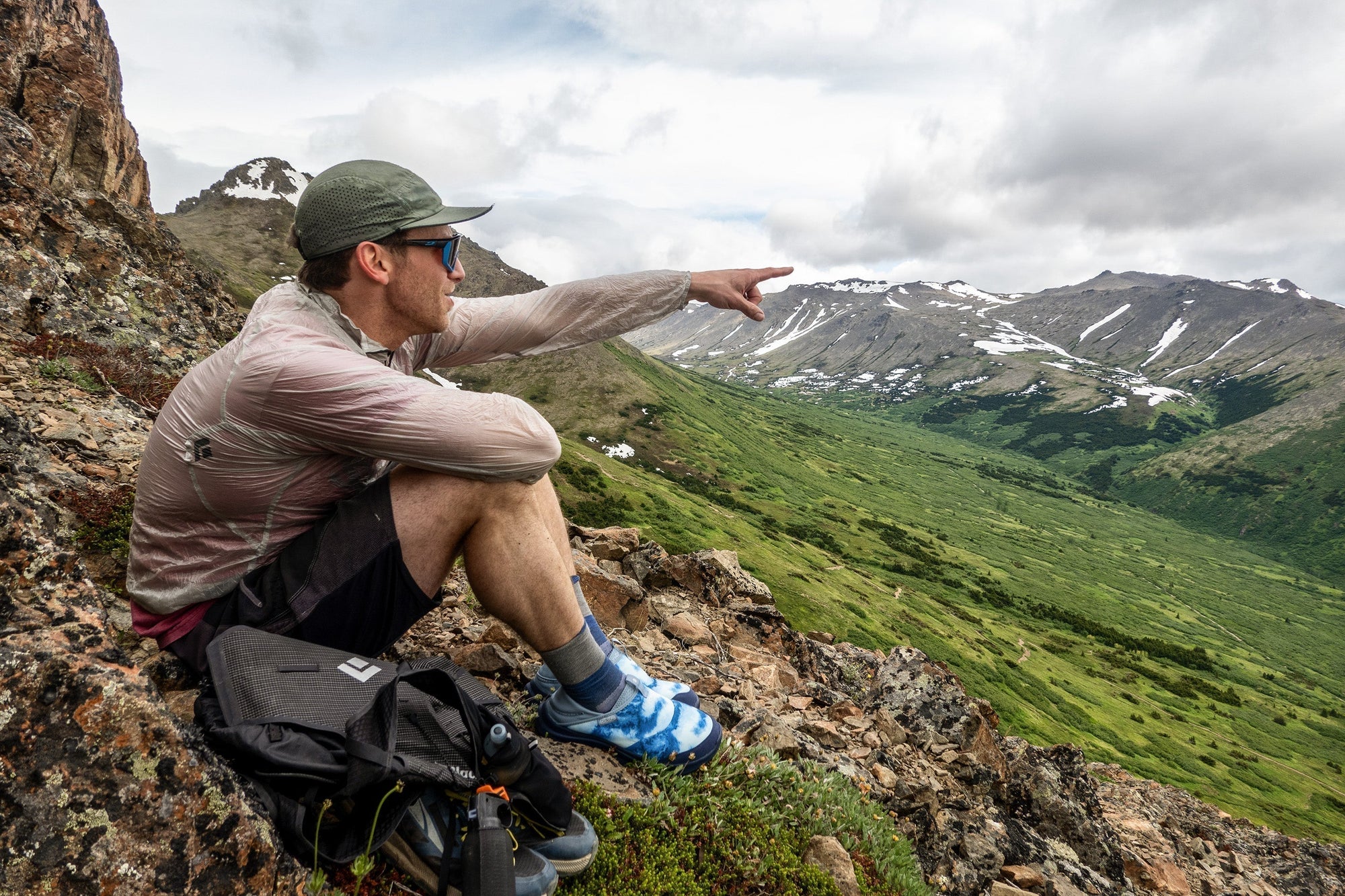When long, sunny days finally roll around, it means one thing: It’s time to head to water. From oceans to lakes to the sprinklers in the backyard, splashing through water is one of summer’s greatest pastimes.
So while you’re planning ahead for blazing temps and cool-water plunges this season, consider adding even more water-themed fun to your calendar with a river rafting trip for the whole family. Because the only thing better than hanging out at the river is hanging out on the river, right?
Maybe your mind is already running through a list of questions, such as, “Is river rafting safe for kids?” or “Where do I get a raft?”
No need to worry! We’ve compiled the following list of tips and tricks to get you (and the kids) out there paddling in no time.
Tip #1: Choose the Right River
Okay, first things first: Yes, river rafting is appropriate for kids — even young kids. This adventurous activity suits every skill level. Plus, it's a great way for kids to get away from screens and explore their love of being outdoors.
More importantly, with trips ranging anywhere from gentle floats to heart-pounding adrenaline rides, it's crucial that you choose a stretch of river that is right for your group. Let this standardized system of river ratings be your guide:
• Class I (Easy): Moving water with riffles and small waves. Low risk.
• Class II (Novice): Easy rapids with small waves and clear channels. Some maneuvering is required.
• Class III (Intermediate): Rapids with moderate, irregular waves. Precise maneuvering may be required.
• Class IV (Advanced): Long, difficult rapids with constricted passages that require complex maneuvering in turbulent water.
• Class V (Expert): Extremely difficult, long, and very violent rapids with congested routes.
• Class VI (Extreme and Exploratory rapids): These unpredictable and dangerous rapids are rarely attempted.
Search online or look at KEEN Effect partner American Whitewater to determine the class of a river. For first-time rafters, we recommend starting with Class I rivers.

KEEN river fact: Did you know that paddlers have a rich history of helping protect rivers? Boaters and canoers advocated for the Wild and Scenic Rivers Act of 1968, which safeguards the beauty and free-flowing nature of many rivers. With some simple paddler etiquette, you can continue that legacy today.
Tip #2: Hire a Guide
If trip-planning sounds like a hassle, we recommend going with a guide. This is the easiest option for beginner rafters because it takes the planning and responsibility off of your plate. It also allows families to try more challenging rivers under the supervision of a pro.
River guides are trained in river rescue, they teach safety and paddling skills, and they can help kids build confidence on the water. Guides also know all the cool insider info, like where to stop for the best swimming holes or hidden petroglyph panels.
Luckily, wherever there are raftable rivers, there are river-rafting outfitters. Here in the Pacific Northwest, we’ve followed guides down the Deschutes River, Rogue River, and White Salmon River. By linking up with a river outfitter in your own corner of the country, you’ll be splashing gleefully through the waves before you know it.

Tip #3: Gear Up Before You Go
River rafting requires some gear, so take a peek at our essential and non-essential gear checklists below before you push out into the currents:
The Essentials
• The boat. If you’re not hiring a river guide, you need to rent a boat — and you know those river outfitters we were just talking about? They often rent gear too! Reach out in advance to rent a raft, paddles, and PFDs (personal flotation devices).
• Water and snacks. Pack a cooler or dry bag with plenty of water and snacks. This is important for keeping everyone hydrated and happy throughout the trip.
• Sunscreen and sunglasses. Sun safety is an important part of river safety. Pack sunglasses and sunscreen, and apply that SPF liberally.
• River clothes. Wear clothes that can get wet and that dry quickly. Swimsuits are a great choice. Consider bringing a quick-dry long sleeve top to minimize sun exposure.
• Protective shoes. Whether you’re swimming in calm water or dangling your feet from the raft, protective shoes are essential for avoiding foot ouchies. Luckily, river shoes are our thing here at KEEN. From our beloved Newport sandals to our river-friendly Rapids and Ravine sandals and our closed-toe sandals for kids, we make a pair for every water adventure. Check out these Tips for Choosing the Best Water Sandals to ensure you’ve got the best footwear to suit your needs.
The Non-Essentials
• Water blasters. If floating on flat water starts to feel dull for little ones, having some squirt guns on board is a fun way to keep things exciting. Make sure everyone is okay with being squirted before starting a water fight.
• Waterproof camera. Bring along a waterproof film or digital camera to capture the action. This is a great activity for kids who need a break from paddling.
• Matching t-shirts or hats. The family that paddles together, sticks together. Matching t-shirts or hats can be a fun way to turn your family boat into a united rafting team.

Tip #4: Take Safety Seriously
Every water sport has inherent risks, and river rafting is no exception. By taking safety seriously, river rafting can be as safe as it is thrilling. Check out our Family Guide to Outdoor Water Safety to get started, and make sure to review the following river rules:
• The season matters. Water flows and temperatures vary from season to season. Mid and late summer are the best times of year for beginner rafters.
• Know how to swim. Everyone on the boat should know how to swim. If your kiddos aren’t comfortable in the water yet, save rafting for next year.
• Always wear a PFD. Kids and adults should wear their PFDs at all times, whether they’re on the boat or in the water. Make sure PFDs are fully buckled and fit snug against the body.
• Know defensive swimmer’s position. Defensive swimmer’s position is a technique rafters use to avoid injury in swift water. They float on their back with their feet downstream and pointed up. If you’ve fallen overboard, assume this position. Then swim back to the raft when it's safe to do so.
• Never try to stand up. To avoid foot entrapment in rocks and other obstacles, kids and adults should never stand up in moving water.
• Be careful with your paddle. Always keep your hand on the T-shaped handle of your paddle so you don’t cause injury to fellow rafters.
• Know how to get back in the boat. Assist swimmers getting back into the raft by grabbing the shoulders of their life jackets. Do not grab their wrists or arms.
Tip #5: Learn Some Lingo
Now that you’ve booked a guided trip or planned a gentle Class I float, it’s time to learn some river lingo. With just a few words sprinkled in conversation here and there, the whole family will be talking like pros before you even step onto the raft:
Bend - a curve or turn in the river
Bow - the front of the boat
Current - the flow of water, influenced by gravity
Eddy - a calm pool where the water seems to curl around and move upstream
Forward paddle! - a command meaning that everyone should paddle forward
Rapids - a fast-flowing and turbulent part of a river
River left and river right - the left and right sides of the river when facing downstream
Sleepers - rocks hidden beneath the surface
Stroke - when you plant the paddle in the water by the raft, then either push or pull it through the water
Swimmer - someone who falls out of the raft
PFD - personal flotation device
Now that you’ve read through everything, it’s time to get your feet wet! Whether you spend a few hours or a whole weekend on the water, we’d love to hear how it goes. Tag us at @KEEN in your stories.













